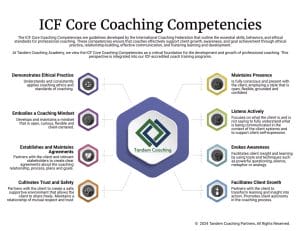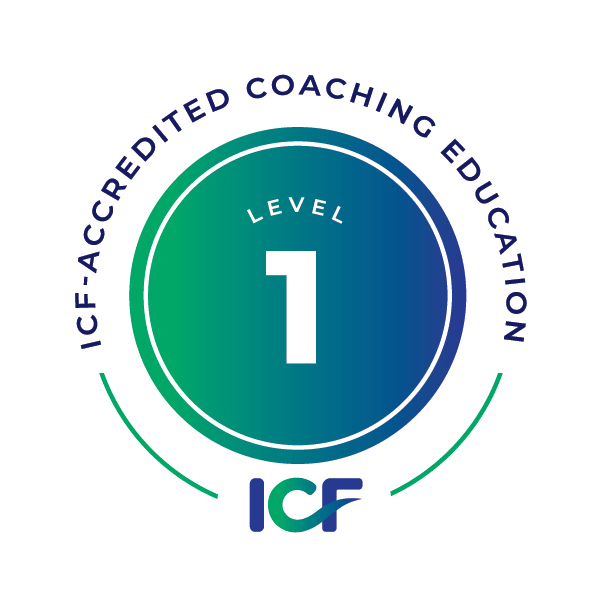Hi, Cherie here! In the world of executive coaching, defining clear and actionable goals is crucial for success.
Let’s delve into the concept of well-formed outcomes, a pivotal strategy from Neuro-Linguistic Programming (NLP) that turns broad aspirations into tangible achievements. This methodology isn’t just about setting goals; it’s about crafting a roadmap for leaders to follow, ensuring their journey is as impactful as their destination.
Here are five keys to unlocking the power of well-formed outcomes in executive coaching:
1. Specificity is Your Best Friend
The more specific an outcome, the clearer the target. Encourage leaders to articulate what they want to achieve in precise terms. This includes who, what, where, and when. Specificity transforms a general desire into a clear goal, making it easier to develop actionable steps toward achievement.
2. The Outcome Must Be Initiated and Maintained by the Individual
Empowerment comes from within. A well-formed outcome should be something the leader can initiate and maintain control over. This autonomy is vital for motivation and ensures that the individual takes responsibility for their progress and success.
3. Sensory-Based Evidence
What will you see, hear, or feel once the goal is achieved? Identifying sensory-based evidence creates a vivid mental picture of success, making the outcome more tangible and realizable. It also provides a clear indicator of progress and accomplishment.
4. Ecological for All Areas of Life
Goals should harmonize with all areas of the leader’s life, ensuring they are sustainable and beneficial on a personal, professional, and relational level. This balance prevents conflicts and promotes a holistic approach to achievement, contributing to overall well-being and satisfaction.
5. Resources Identified
Understanding what resources are needed to achieve an outcome is crucial. This could be skills, knowledge, support networks, or physical tools. Identifying these resources upfront ensures that leaders are prepared and equipped for the journey ahead.
By integrating these keys into your coaching practice, you can help leaders craft well-defined, achievable goals that pave the way for meaningful change and success. These principles not only guide the goal-setting process but also enrich the coaching experience, fostering a deeper sense of purpose, clarity, and direction in the leaders you work with.
Until next time, Cherie 💚

Unlock Your Coaching Potential with Tandem!
Dive into the essence of effective coaching with our exclusive brochure, meticulously crafted to help you master the ICF Core Coaching Competencies.
"*" indicates required fields
About the Author
Cherie Silas, MCC
She has over 20 years of experience as a corporate leader and uses that background to partner with business executives and their leadership teams to identify and solve their most challenging people, process, and business problems in measurable ways.
















